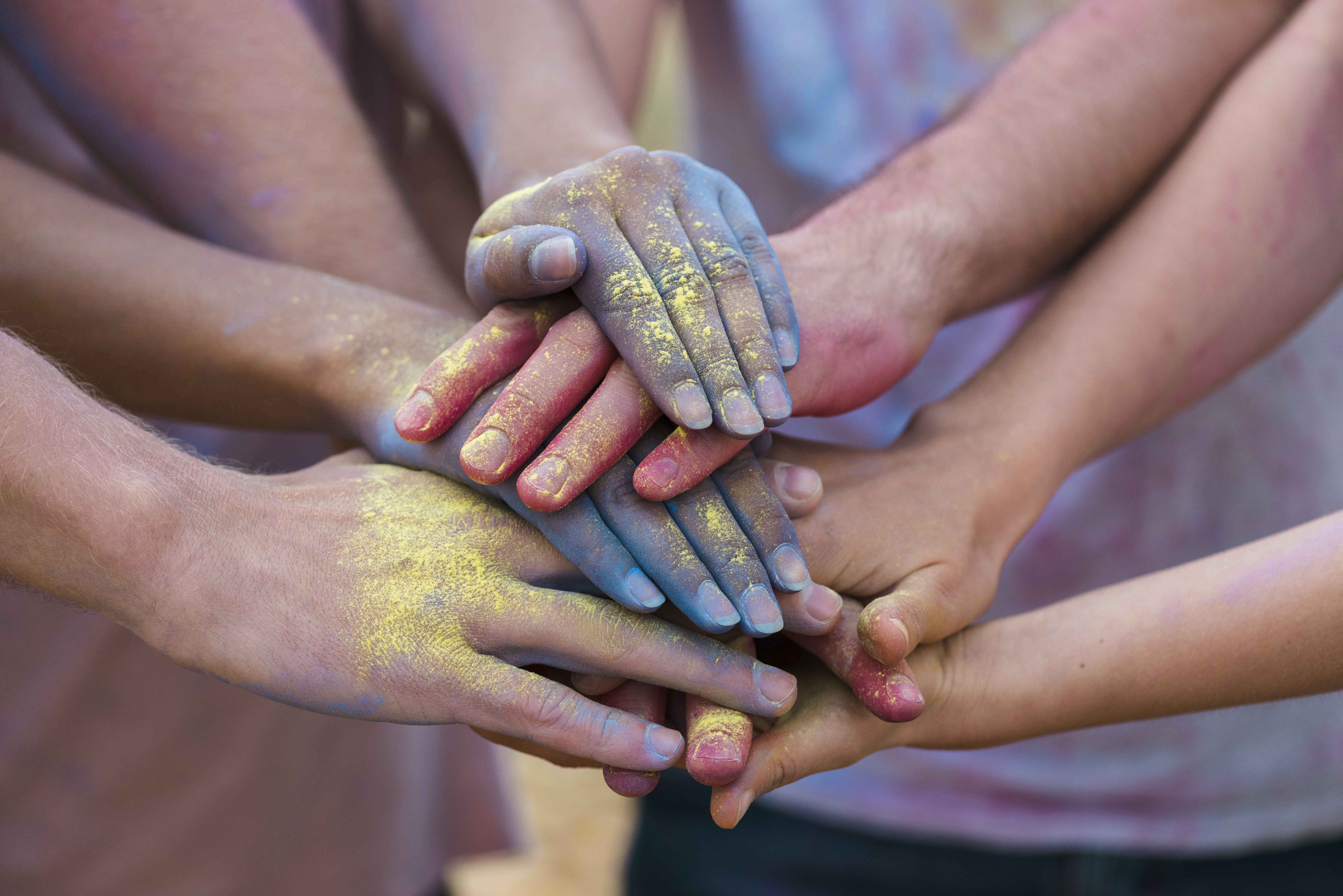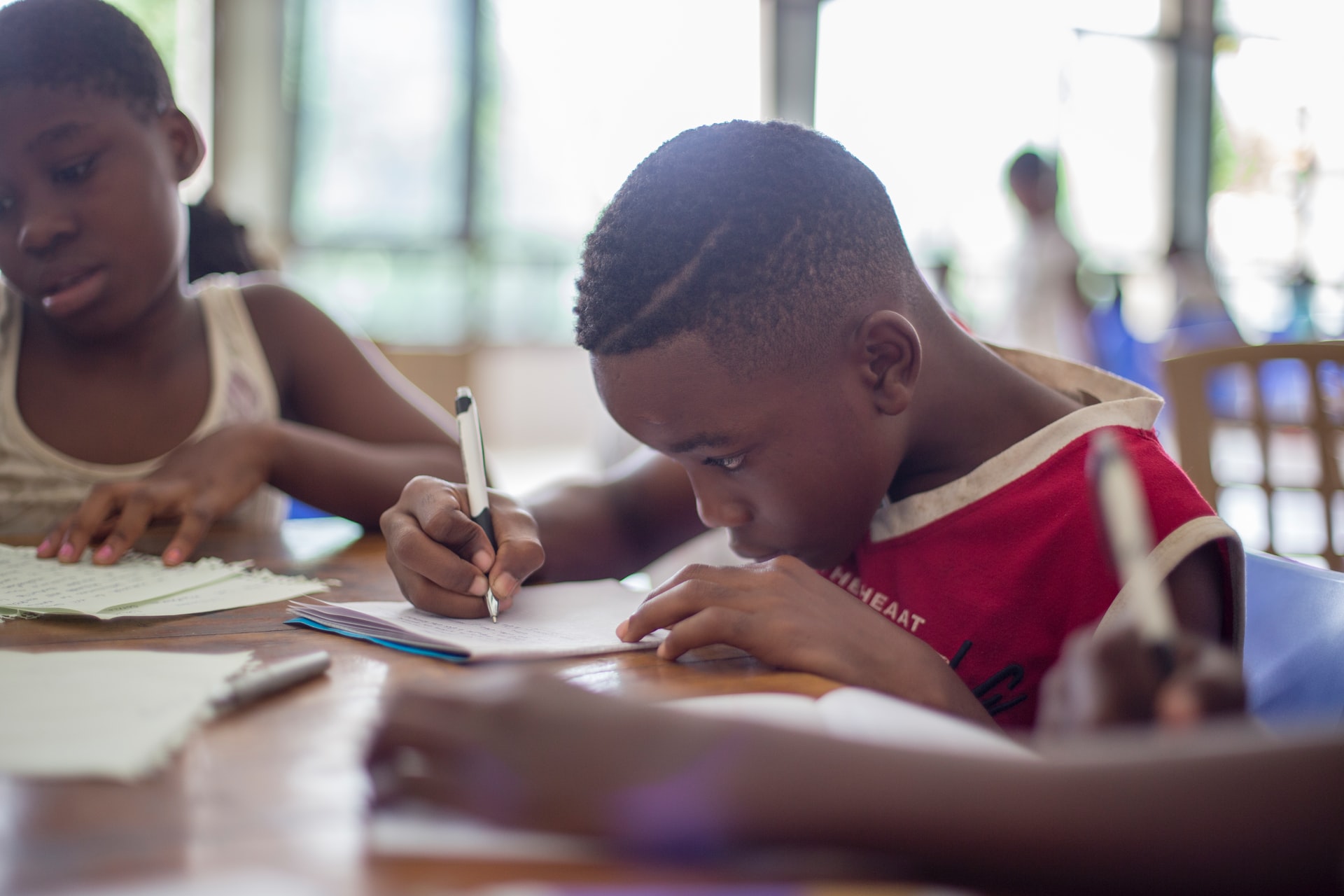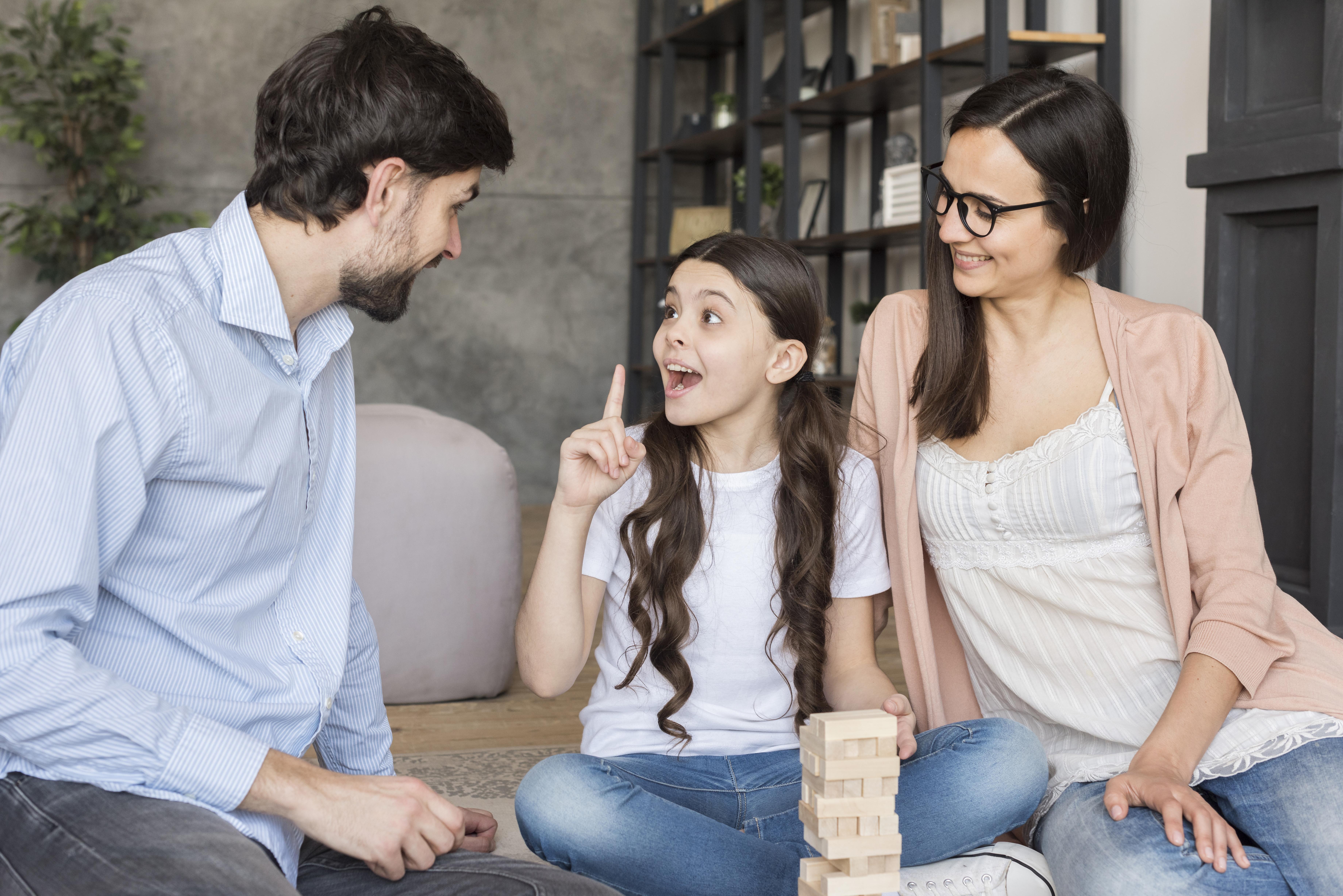We all have goals that we strive to achieve.
Practice yoga every morning. Learning a new language. Writing a diary. Painting in watercolors. Reading one book per month. Doing squats.
There are things that we would like to turn into good habits, but often it does not happen. We are taken away by the minutiae of everyday life. Staying with the family does not help. Often it adds up to many other distractions.
“I do not have any time for myself” — this is the most common explanation why someone failed to make a new start.
It looks like the closest people do not give each other enough space to live the fuller life. But this is an illusion.
I have discovered powerful ways to turn your aspirations into long-term habits. Even when your family members do not share your interests.
I call it “Co-Habit” — the act of mutual inspiring for good habits.
How Meditation Helps Master a New Language
For some years I’ve been dreaming of creating a habit of daily meditation. I did meditate occasionally, but I lacked determination to re-shape my daily schedule. During the lockdown, the stars seemed to align: my previous schedule went to a dustbin releasing a lot of free time. I also got an unexpected support: amazing Miten and Deva Premal started their daily mantra chanting sessions online.
Now every time we finish dinner I stand up and tell my husband that I am going to meditate. Instead of hanging around and trying to complete my daily to-do list I disappear for one hour.
At first, it was a source of jokes for him. He is not a mantra-chanting type of guy. I have never expected him to sit on a mat for an hour surrounded by candles and incense. I was expecting him just to be understanding, which he was.
Meanwhile, he has been struggling to find some time to practice Russian, in the same way I was struggling to meditate. After a week of my regular disappearance, he decided that he could spend the same time doing his Russian classes.
In a couple of weeks, we created simultaneously two different habits: a habit of meditation and a habit of learning the language. We do unrelated things, but at the same time, for one hour, every day. Then, we come together after the sessions, exchange our thoughts and in this way further our habits.
How We Form the Habits
Formation of habits is a hot topic in psychology and neuroscience. We are often defined as a sum of our habits — this is how much our life and personality is shaped by these semi-automatic behavioural patterns.
There is a distinctions between I-habits that relate to personal behavior and We-habits (or rituals) that drive social behaviour of a group.
I-habits reduce the complexity of our life and take away some decision-making burden. For example, I do not need to decide if I drink coffee in the morning and what type of coffee — I just go for a skinny cappuccino and that’s it! This automatism saves the energy necessary for deliberate thinking, so we can focus on the most important decisions. Good habits are also crucial for achieving our personal goals, because they make us disposed to the desired type of behavior. On the other hand, rituals go beyond personal goals. They serve to “create social spaces in which individuals can share emotions, experiences, values, norms, and knowledge”. Rituals are even more powerful than habits because they overcome individual aspirations and drive them to collective goals. Rituals also provide a reward, such as peer recognition and the feeling of belonging. The reward is necessary to strengthen and solidify a habit.

Collective rituals become a powerful way to reinforce your personal habits.
Why Synchronization Matters
Now, let’s apply this to creation of habits in the family. When we try to create a habit, we don’t always feel support of our family members (a reward in the form of recognition). First, they often do not share our interests. In fact, they might even oppose them. Second, they might interfere in our routine and ask for attention. Finally, even if they leave us alone, the mere fact that they are wandering around while you are trying to concentrate is distracting. It all comes down to creating the social space that will support each family member in practicing their own activity.
For example, you want your kids to study math every day for two hours. It will be easier for them to stay focused if they see other members of the family also studying, rather than watching TV. They will feel unfair that they have to study when everyone is relaxing. But if everyone in the family is enthusiastic about studying, this will put the kids in the right mood to study.

The shared atmosphere increases motivation for your individual activity. It removes the risk of distractions and put you in the right mood to focus on your habit. It also reduces the decision-making element that sits between an intention and an action. Once you follow the shared routine, you don’t have to make the decision to start the behavior that forms a habit. Finally, cooperation with the family switches you from “I-mode” into “We-mode”. This strengthens the motivation, because you have a shared intention — and makes it much more difficult to deviate from it.
Steps to Co-Habit
These are the steps for simultaneous creation of habits:
First: Timing is very important. Set aside the same time every day to create and strengthen your habit. It is crucial to stay synchronised with your family members. You need to start and finish your activities at the same time. Remember that you are creating a shared space of focus and inspiration.
Second: Activities should share the same spirit and pace. It will not help if you try to meditate or paint or study, while your partner is boxing. If it is a focused, slow, meditative activity, everyone should be in tune with it. Once again, it’s about creating a shared atmosphere that reinforces our habits.
Third: Place also matters. Each of the family members should have a personal space dedicated to his or her habit. It should be the same place every day. You should not intrude the others’ space until they finish the activity. The same works for kids. Do not enter their space every ten minutes to “check in”. The older they grow, the more they value activities which promote independence and autonomy. So, giving others the private space is crucial.
Fourth, encourage and celebrate. This is a very important tool to reinforce your habits. Share what you have done or felt today during your session. Listen to each other and celebrate the small steps towards your bigger goals. Even if it is just learning a few new words, or feeling of inner peace, or solving a challenging equation. Praise you beloved ones and celebrate this as a common achievement.

Finally, do not pull back. When you feel temptation to skip your activity, the example of others will keep you going. The example affects us more than words. The other day you will set the same example for your beloved ones. This is so important because by encouraging each other, we build up the power of our good habits.
I believe that we are not the sum of what we are as individuals. Together we are much more than that. We create the shared spirit, space and inspiration, even if we are different in our interests. Co-Habit is a great tool to foster good habits together and build further trust and rapport within a family.
The story was originally published on Medium. More stories about happiness and personal growth from Katia Ray here.


